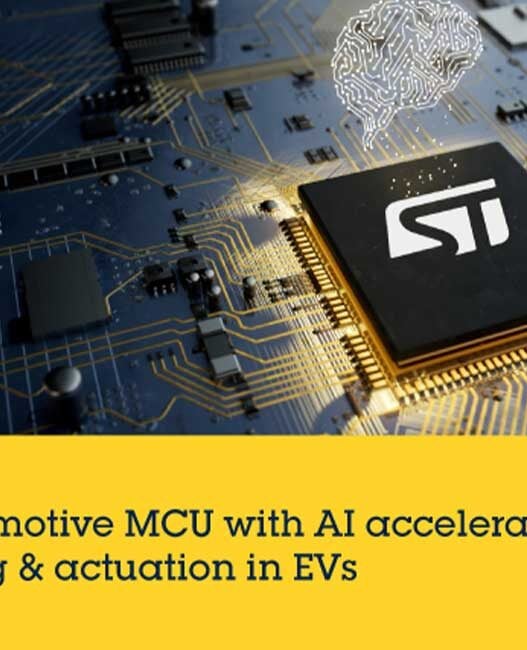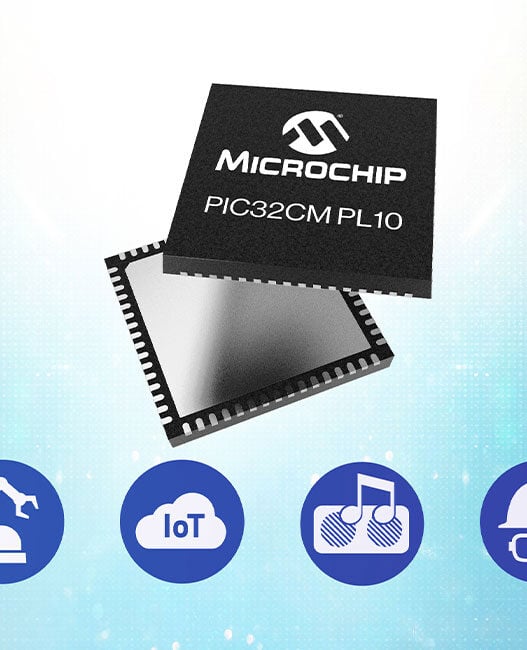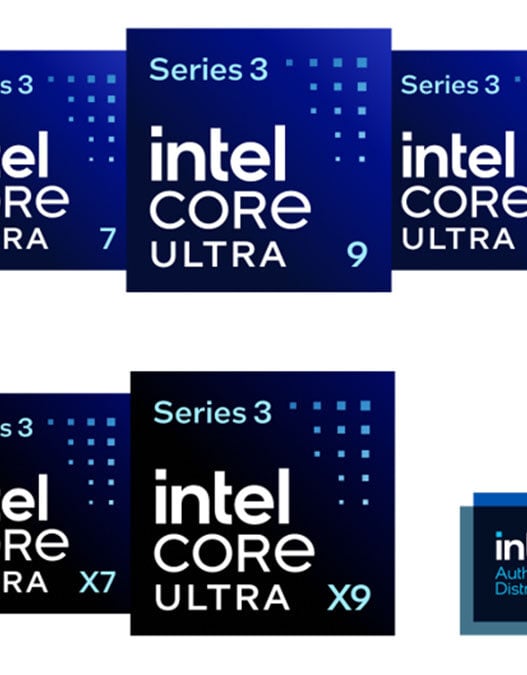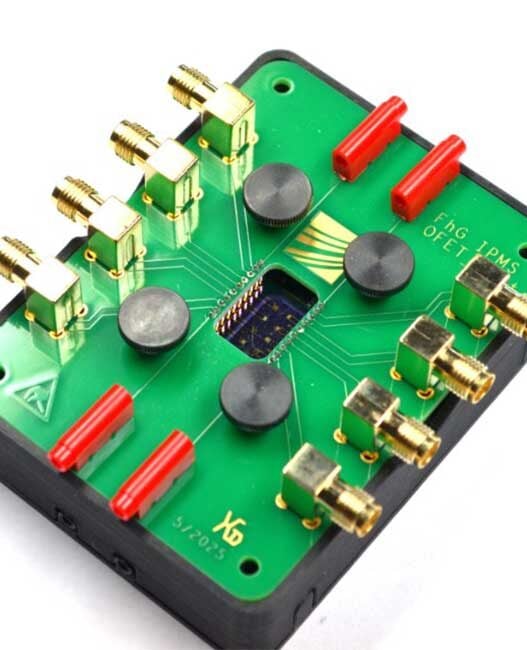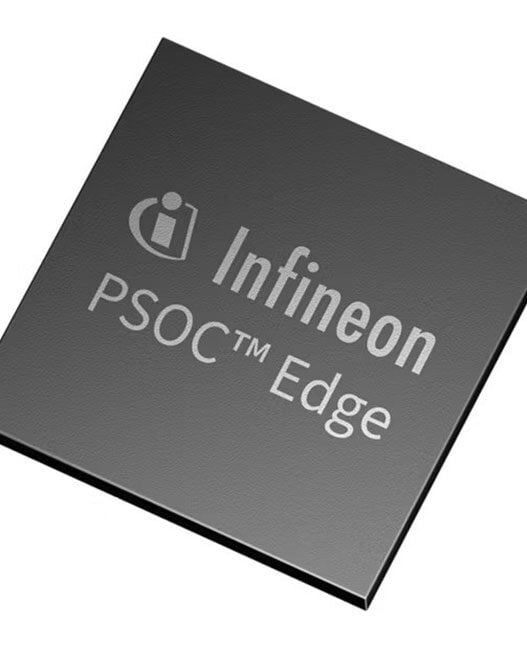This development, enhanced with embedded phase change memory (ePCM), is the result of a collaborative effort with Samsung Foundry. It promises significant improvements in performance and power efficiency for embedded processing devices, alongside the capacity for greater memory sizes and an enhanced ability to integrate both analog and digital peripherals. The introduction of the first next-generation STM32 microcontroller leveraging this technology is anticipated to begin sampling to a select group of customers in the latter half of 2024, with full production expected by the second half of 2025.
Remi El-Ouazzane, President of Microcontrollers, Digital ICs, and RF products Group at STMicroelectronics, underscored the significance of this advancement: “As a leading innovator in the semiconductor industry, ST has pioneered and brought to our customers FD-SOI and PCM technologies for automotive and aerospace applications. We are now taking the next step to bring the benefits of these technologies to developers of industrial applications starting with our next-generation STM32 microcontrollers.”
Technology benefits
The new 18nm FD-SOI technology with ePCM represents a monumental leap over the current 40nm embedded non-volatile memory (eNVM) technology employed by ST, offering:
- A more than 50% improvement in performance-to-power ratio
- A 2.5-times increase in non-volatile memory (NVM) density, enabling larger on-chip memories
- A threefold increase in digital density, allowing for the integration of digital peripherals such as AI and graphics accelerators, along with state-of-the-art security and safety features
- A 3dB enhancement in noise figure, boosting RF performance in wireless MCUs
This technology is distinguished as the only sub-20 nm technology that supports 3V operation, catering to analog features such as power management and digital/analog converters. It also meets the stringent reliability demands of industrial applications through features like high-temperature operation resilience, radiation hardening, and proven data retention capabilities, especially in the automotive sector.
Benefits for STM32 microcontroller developers and customers
Microcontrollers developed with this new technology are poised to deliver a novel class of high-performance, low-power, and wireless MCUs to developers. The increase in memory size meets the escalating demands for edge AI processing, multi-protocol RF stacks, over-the-air updates, and advanced security measures. Furthermore, the superior performance and extensive memory capabilities present an alternative for developers currently relying on microprocessors, offering more integrated and cost-efficient microcontroller options for their designs. This advancement is also set to further enhance power efficiency in ultra-low power devices, an area where ST already leads the industry.
The inaugural microcontroller to incorporate this technology will feature the most advanced ARM Cortex-M core, optimising performance for machine learning and digital signal processing applications. It will also include fast and flexible external memory interfaces, advanced graphic capabilities, and a comprehensive suite of analog and digital peripherals. Additionally, it will incorporate the advanced, certified security features already established in ST’s latest MCU offerings.








